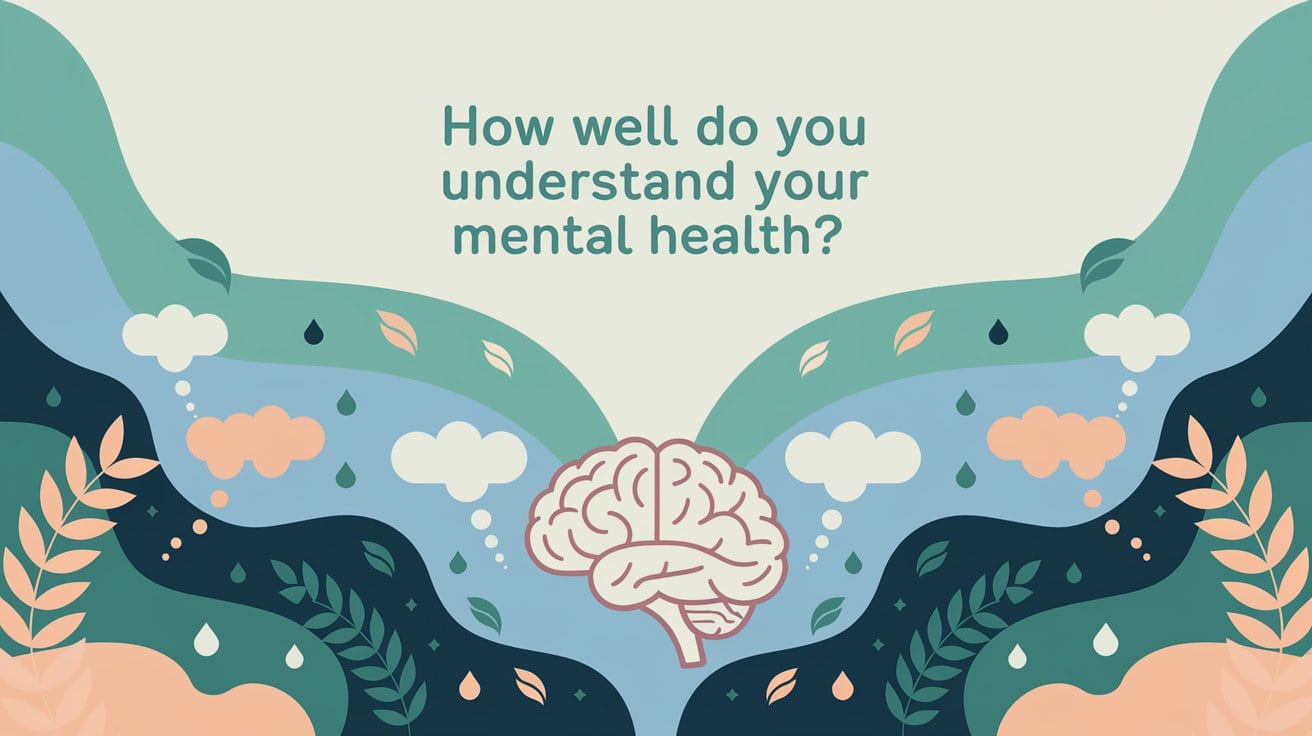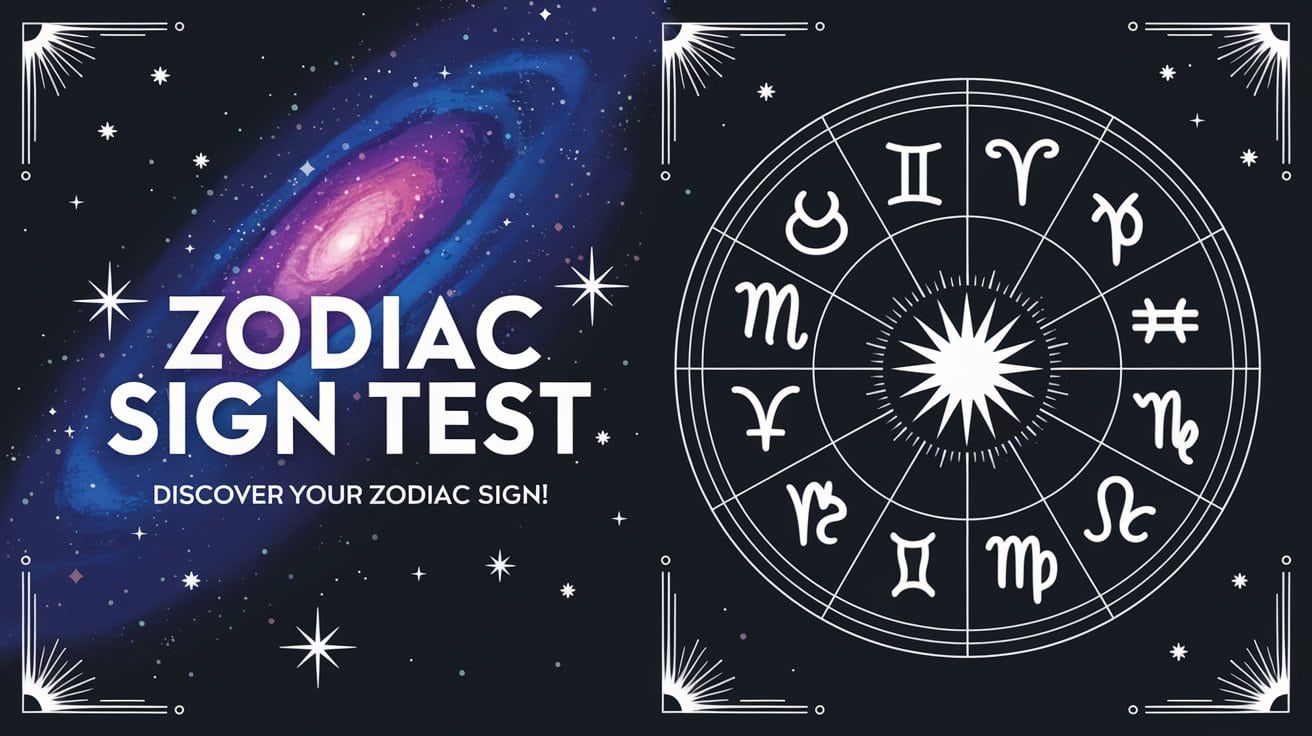Personality Type Tests: A Study
Personality type tests are psychological tools used to define an individual’s personality, identify strengths and weaknesses, and analyze behaviors. In the modern world, they are widely employed for both entertainment and professional development. Examining their history, purpose, and validity offers a deeper understanding of these tests.
The History of Personality Type Tests
Personality tests trace their roots to the evolution of psychology. Carl Jung’s theory of psychological types (1921) laid the foundation for these assessments. According to Jung, people tend to perceive the world and make decisions in specific ways. Later, Isabel Briggs Myers and Katharine Cook Briggs expanded on this theory, developing popular tests like the Myers-Briggs Type Indicator (MBTI).
Applications of Classic Tests
- Education: Used to understand students’ learning styles and tailor teaching methods accordingly.
- Workplace: Guides recruitment processes, team building, and leadership training.
- Personal Development: Helps individuals understand themselves and unlock their potential.
- Psychotherapy: Enables therapists to better understand their patients’ behaviors.
Popular Classic Personality Type Tests
- Myers-Briggs Type Indicator (MBTI): Provides a model of 16 different personality types.
- Big Five (Five-Factor Model): Focuses on five dimensions: openness, conscientiousness, extraversion, agreeableness, and emotional stability.
- DISC Profile: Analyzes behavioral tendencies and categorizes individuals into four groups (Dominance, Influence, Steadiness, Conscientiousness).
- Enneagram: Classifies individuals into nine personality types and offers a roadmap for personal growth.
Advantages of Personality Tests
- Self-Awareness: Individuals can better understand their personal traits and tendencies through tests.
- Improved Communication: Personality profiles enable more effective strategies for interpersonal communication.
- Career Planning: Provides guidance for selecting the right career and job roles.
- Fun and Curiosity: Entertaining tests on social media increase awareness of personality traits.
Criticisms and Limitations
Classic personality type tests are also subject to some criticisms:
- Lack of Scientific Validity: Especially for entertainment-based tests, psychological accuracy is often questioned.
- Overgeneralization: The complexity of human nature cannot be reduced to a few categories.
- Dynamic Personality Structure: People evolve over time, yet most tests fail to account for this.
- Cultural Biases: Some tests are criticized for not adequately considering cultural factors.
Conclusion and Recommendations
Classic personality type tests can be effective tools for understanding oneself and others. However, it is essential to recognize that these tests are not sufficient to explain an individual’s complete behaviors and abilities. Analyses supported by more scientifically grounded methods can yield more comprehensive results.
The outcomes of personality tests should serve as a guide rather than limiting frameworks. Human behavior and personality are dynamic and ever-changing, requiring a nuanced approach to their interpretation.





Post Comment